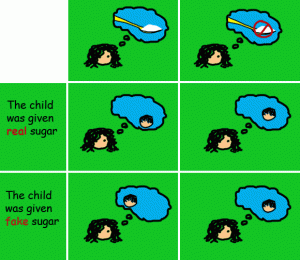The aphorism that adorns StatsChat is actually a paraphrase, by the statistician Samuel Wilks in a 1951 speech, of what H.G. Wells wrote. The full paragraph from Wells’ Mankind in the Making (1904) is
Modern, too, is the development of efficient mathematical teaching; so modern that for too many schools it is still a thing of tomorrow. The arithmetic (without Arabic numerals, be it remembered) and the geometry of the mediaeval quadrivium were astonishingly clumsy and ineffectual instruments in comparison with the apparatus of modern mathematical method. And while the mathematical subjects of the quadrivium were taught as science and for their own sakes, the new mathematics is a sort of supplement to language, affording a means of thought about form and quantity and a means of expression, more exact, compact, and ready than ordinary language. The great body of physical science, a great deal of the essential fact of financial science, and endless social and political problems are only accessible and only thinkable to those who have had a sound training in mathematical analysis, and the time may not be very remote when it will be understood that for complete initiation as an efficient citizen of one of the new great complex world-wide states that are now developing, it is as necessary to be able to compute, to think in averages and maxima and minima, as it is now to be able to read and write. This development of mathematical teaching is only another aspect of the necessity that is bringing the teaching of drawing into schools, the necessity that is so widely, if not always very intelligently perceived, of clearheadedness about quantity, relative quantity, and form, that our highly mechanical, widely extended, and still rapidly extending environments involve.
In 1904, it was reasonable to describe the analytic techniques needed to make `endless social and political problems’ accessible and to achieve `clearheadedness about quantity, relative quantity, and form’ as “mathematics”. Today we would usually call these “statistics”, although “numeracy”, or “don’t they teach you anything in school these days” would also be possible translations.
It’s also worth emphasizing, for the benefit of those seeing change and decay in all around, that teaching these basic calculating and thinking techniques in public schools was something Wells was proposing as a major reform in education.
